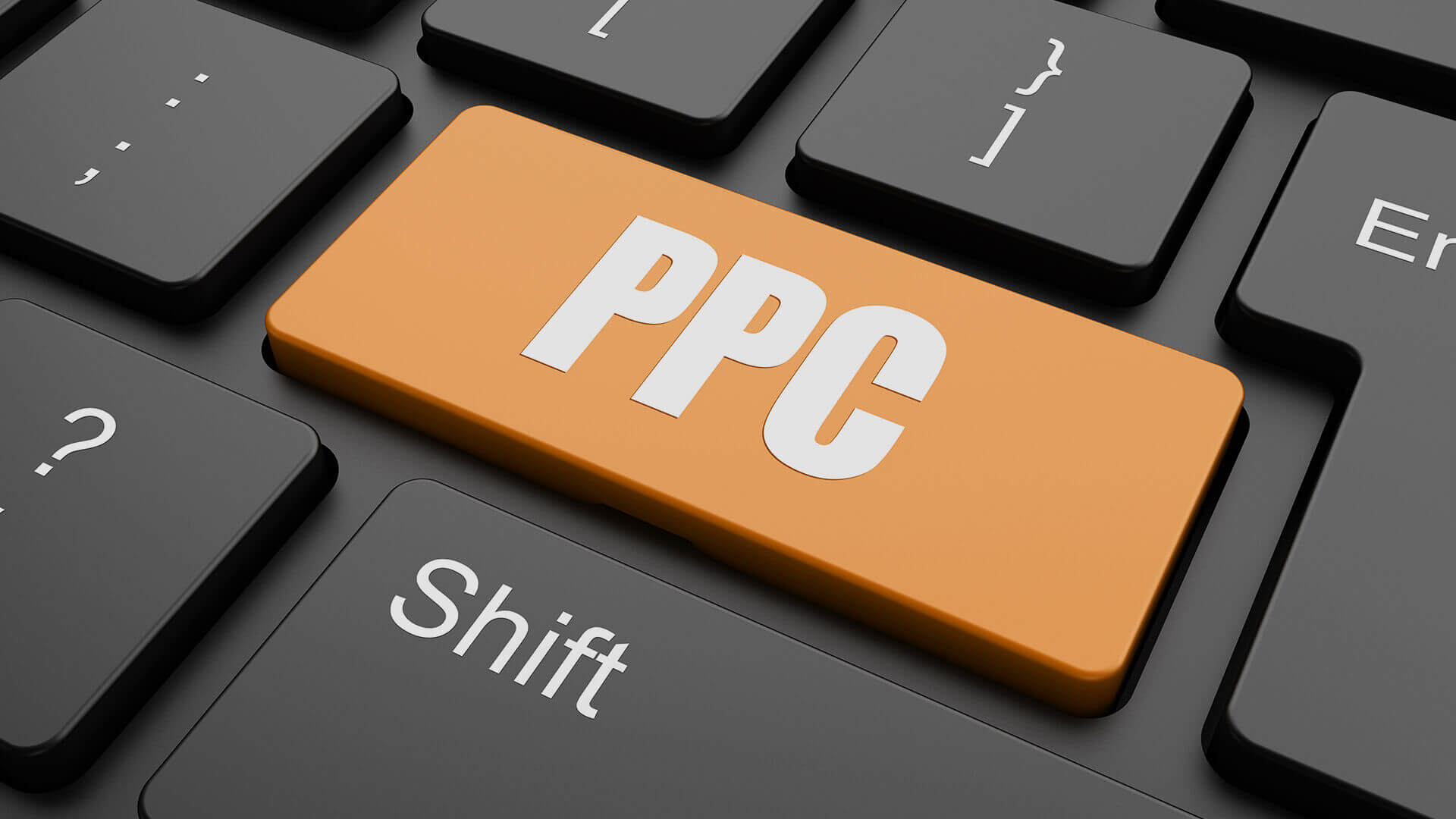PPC (pay-per-click) is a digital marketing strategy whereby businesses place ads on platforms such as social media sites and search engines and pay a fee each time that ad is clicked on.
When it’s done properly, PPC is a fast and effective way of driving traffic to your website.
With that in mind, here are five top tips to help you get started on the path to PPC success.
- Create conversion goals
The first thing you need to do is work out what it is you want to gain from PPC – increased sales, newsletter sign-ups, brand awareness etc. With goals in place, you’ll be able to select keywords and create copy that are targeted perfectly towards your goals.
You also need to ensure that your landing pages are up to scratch, so that when a user clicks on your ad, they’re directed to take the next step (e.g. joining your mailing list) towards your end goal.
- Choose your PPC platform
There are lots of PPC advertising platforms to choose from such as Google, Bing and Facebook, each with their pros and cons.
For instance, Google has the highest levels of traffic so it’s hugely competitive and ad space often comes at a higher cost. On the other hand, Facebook is great for small local businesses, as it allows you to precisely target your ads at certain demographics.
This PPC platform article on Unbounce will help you choose the right platform for your business.
- Keyword research
Keywords arewords or phrases that you want your business ads to show up for in the search results.
It’s essential that you conduct research before choosing your keywords, otherwise you’re essentially targeting your ads blindly.
You should target buyer keywords as opposed to general keywords. For example, a musical instrument store should target the keyword ‘buy musical instruments online’ rather than ‘musical instruments’.
- Target mobile devices
In 2016, mobile internet use overtook desktop use for the first time, and this trend looks set to continue.
This means you need to design ads that are specifically for mobile devices and your landing pages need to mobile optimised, otherwise visitors won’t stick around. If you don’t do this, your business could lose out on a large audience.
- Conduct A/B testing
A/B testing involves comparing two versions of the same thing and you should use it to optimise your PPC ads.
By changing variables such as the headline and target keywords on display, you’ll see which combinations and variables are most effective for achieving your goals. For example, one keyword might be better for increasing conversions, while another might be better for raising brand awareness.
PPC partnership
If PPC sounds like the icing on your digital marketing cake, why not consider partnering with PPC agency Attercopia, who can help you to create eye-catching ads with catchy copy that generates click after click after click.
That’s our list! Share your thoughts in the comments section.

